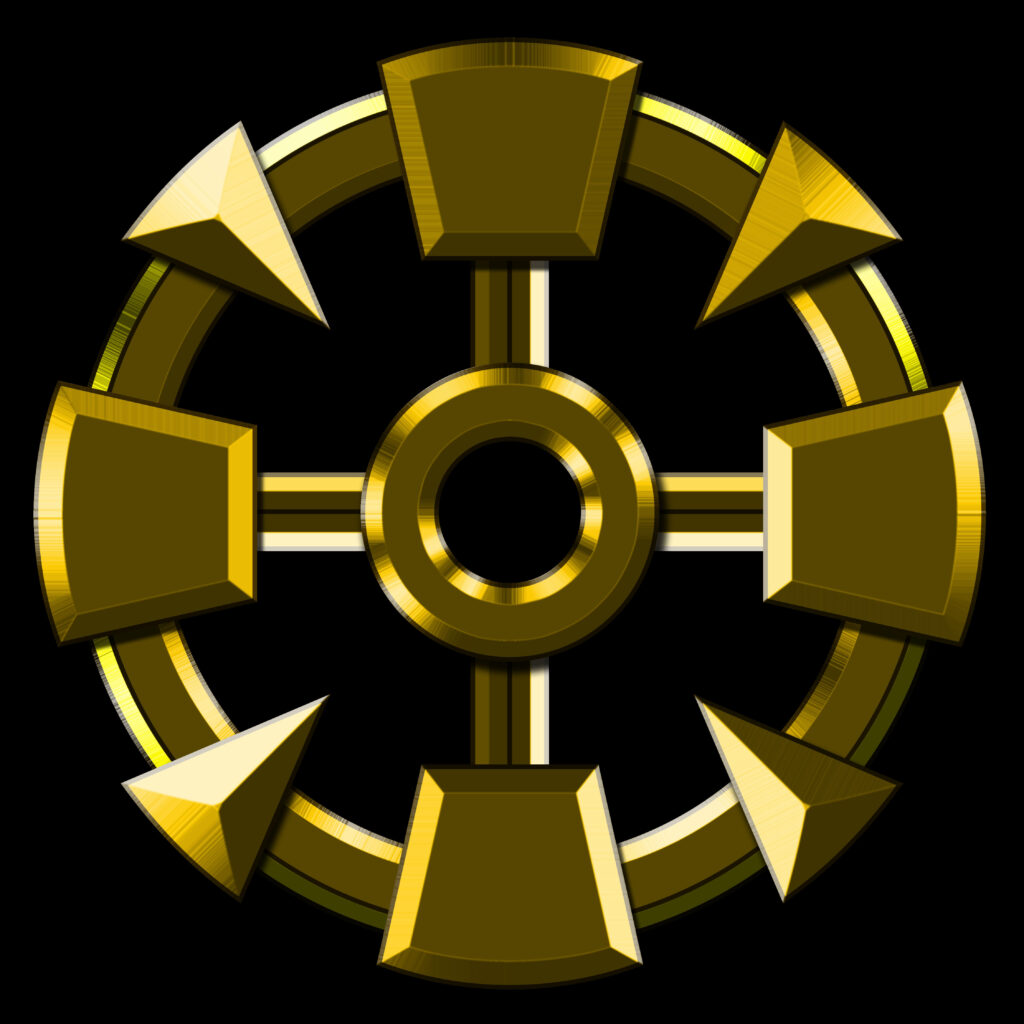How Worship Works
There are no atheists in a world where the Gods are a verifiable phenomenon, but not everyone worships. Those who do, however, often find favour with divine powers, either in the form of good fortune or, in the case of Clerics and Paladins, special powers.
As the constellations in the firmament visible even during the day, the Creator Gods of Hyracanum don’t need their devoted to gather in temples – the vaulted sky is one vast basillica and the general attitude about when to pray and in what company is very casual. There are also domed temples for indoor gatherings in bad weather, especially in regions where the sky is never clear.
Dragon cults conduct ritual sacrifices for masses centered around pyramids, many of which contain temples within for more private ceremonies. Death cultists have no designated places of worship, simply convening wherever they feel is apt to conduct a black mass. It is only the Church of Deem that builds cathedrals to create a unifying frame of mind for mass hypnosis.
The vast majority of priesthoods are made up of non-adventuring, Good-aligned people. They are spiritual and moral guides for their local communities more akin to monks or friars who seldom, if ever, cast spells of any kind. They may live in communal houses and many larger cities will have healing houses and hospitals run by orders of Good-aligned priesthoods.
The overriding religious conflict for the past 10,000 years of Human history has been between the Creator Gods and the Cult of the Dragon, with Humans and Dragonborn as pawns. Such conflicts are rare now that Humans dominate Hyracanum and the Cult of the Dragon’s power has been reduced. In more enlightened places, the Cult may even co-exist alongside the accepted faith.
Clerics and Paladins
Born out of historical crusades, the adventuring classes of priests are forever devoted to spreading the gospel of their favourite Gods and their Alignment, thwarting the agents of their opposites wherever they may be found. If they neglect their quest, they may find themselves falling out of favour with the Gods and cut off from divine magic altogether.
Clerics and Paladins are expected to preach the benefits of their preferred God and, by extension, Alignment. Downtime activities must be in accord with said Alignment, spending time, money and resources on building shrines and engaging in activites that further the aims of that God, be it building community or sowing fear and discord.
SACRIFICE
All gods demand sacrifices from their followers in exchange for recognition. Typically, sacrifices are covered by downtime activities and don’t need to be played out, but they are a feature of this world and can be major plot points (rescuing the damsel on the altar, for example).
There are two kinds of sacrifices a Cleric or Paladin can make to the gods: life or treasure. A simple animal like a goat or a cow is acceptable, but sacrifice of living beings of opposite Alignment is the preferred form for nearly all gods.
During combat, the Cleric or Paladin need only utter an oath that they are killing in the name of their chosen god to qualify the victim as a sacrifice.
Treasure is expected to be handed over to whatever religious organization the Cleric or Paladin belongs to, for maintenance of the priesthood. Personal wealth is often limited to only what is necessary, but that is wildly open to interpretation. Some faiths demand asceticism while others allow extravagance.
Death cultists are allowed to keep 100% of their wealth as their patron only accepts living sacrifices. Death has zero interest in treasure.
The Creator Gods of Hyracanum
The Cult of the Dragon
Death CultS
the Church of Deem
The Cult of the Cat
MORADIN
Titania and Oberon
Tsuggotha of the Many Eyes


